This is custom heading element
 Nearly 57,000 children under the age of 5 are hospitalized each year in the U.S. with respiratory syncytial virus (RSV), which typically causes cold-like symptoms but can lead to serious respiratory distress. RSV is the most common cause of bronchiolitis (inflammation of the small airways in the lungs) and pneumonia (infection of the lungs) among babies in this country, and it’s also a major cause of severe respiratory illness in older adults, according to the Centers for Disease Control and Prevention.
Nearly 57,000 children under the age of 5 are hospitalized each year in the U.S. with respiratory syncytial virus (RSV), which typically causes cold-like symptoms but can lead to serious respiratory distress. RSV is the most common cause of bronchiolitis (inflammation of the small airways in the lungs) and pneumonia (infection of the lungs) among babies in this country, and it’s also a major cause of severe respiratory illness in older adults, according to the Centers for Disease Control and Prevention.
Despite decades of work by scientists, there is no vaccine to prevent RSV infection, partly because of a disastrous vaccine failure during a 1966 clinical trial. The early vaccine not only failed to protect children, it made their symptoms worse. Two toddlers died and several infants were hospitalized with what’s known as “vaccine-enhanced respiratory disease.”
Sang-Moo Kang, professor in the Institute for Biomedical Sciences, believes he might have found the missing link to make a safe RSV vaccine. Kang has created a unique adjuvant — a chemical that is added to a vaccine to prime the immune system — and a recent study in Virology showed it can prevent the complication that doomed the 1966 vaccine. In the study, Kang tested his new adjuvant against existing ones. The image above shows inflamed airway tissue from the lungs of mice that received a vaccine with a conventional adjuvant and were then exposed to the virus. Kang’s adjuvant, on the other hand, activated the immune system while preventing lung inflammation.
image courtesy of Sang-Moo Kang

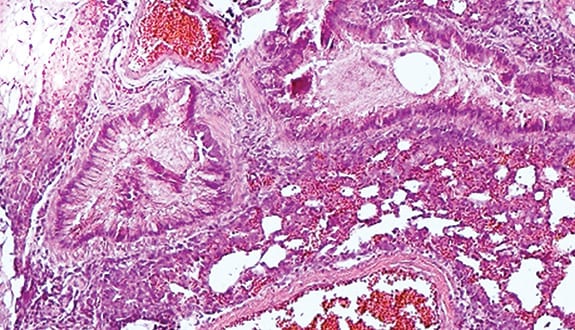



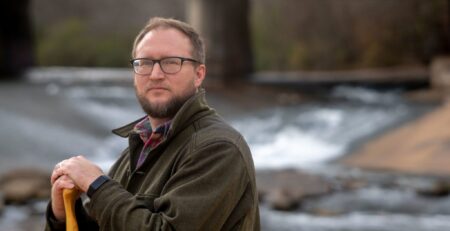
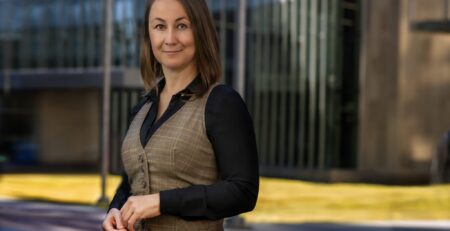
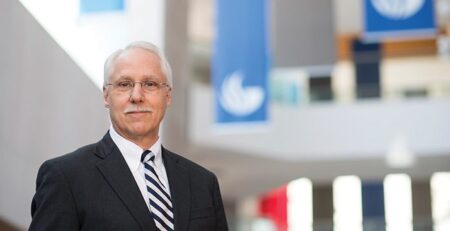


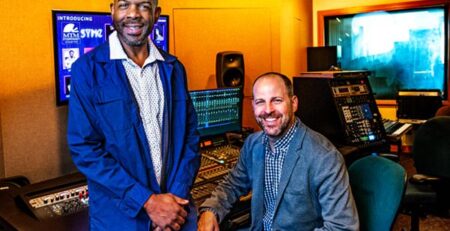

Leave a Reply